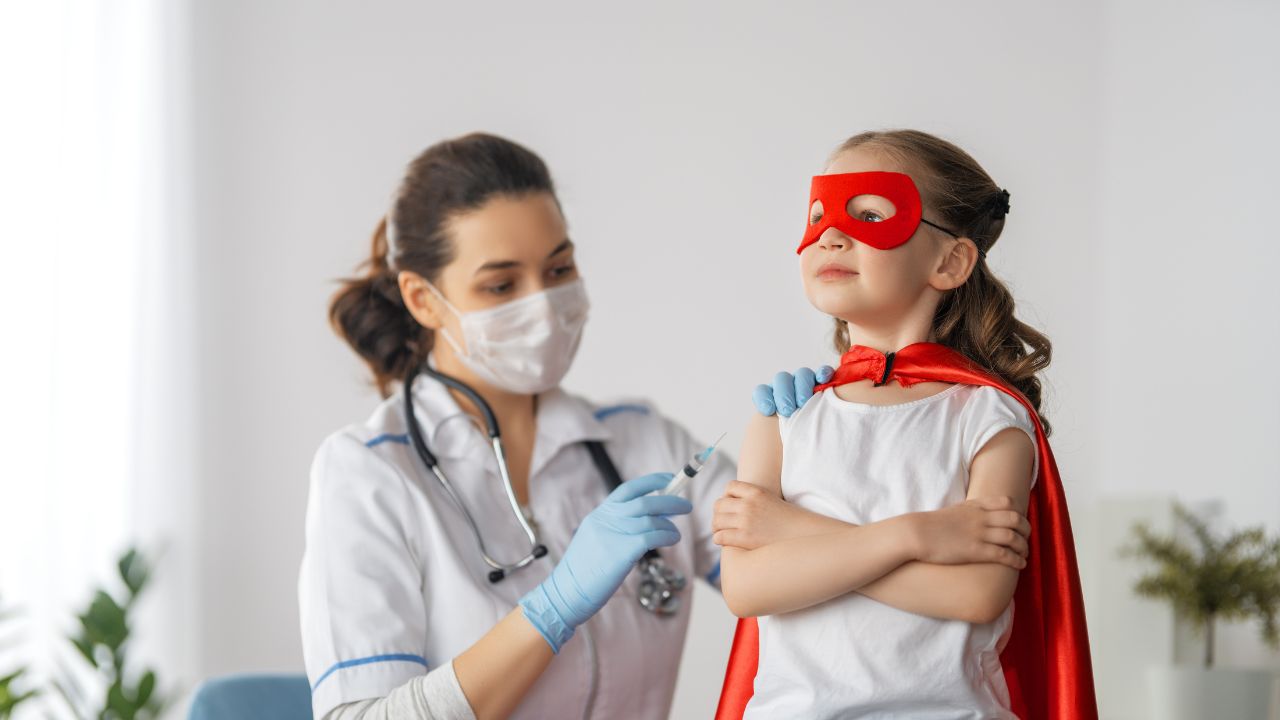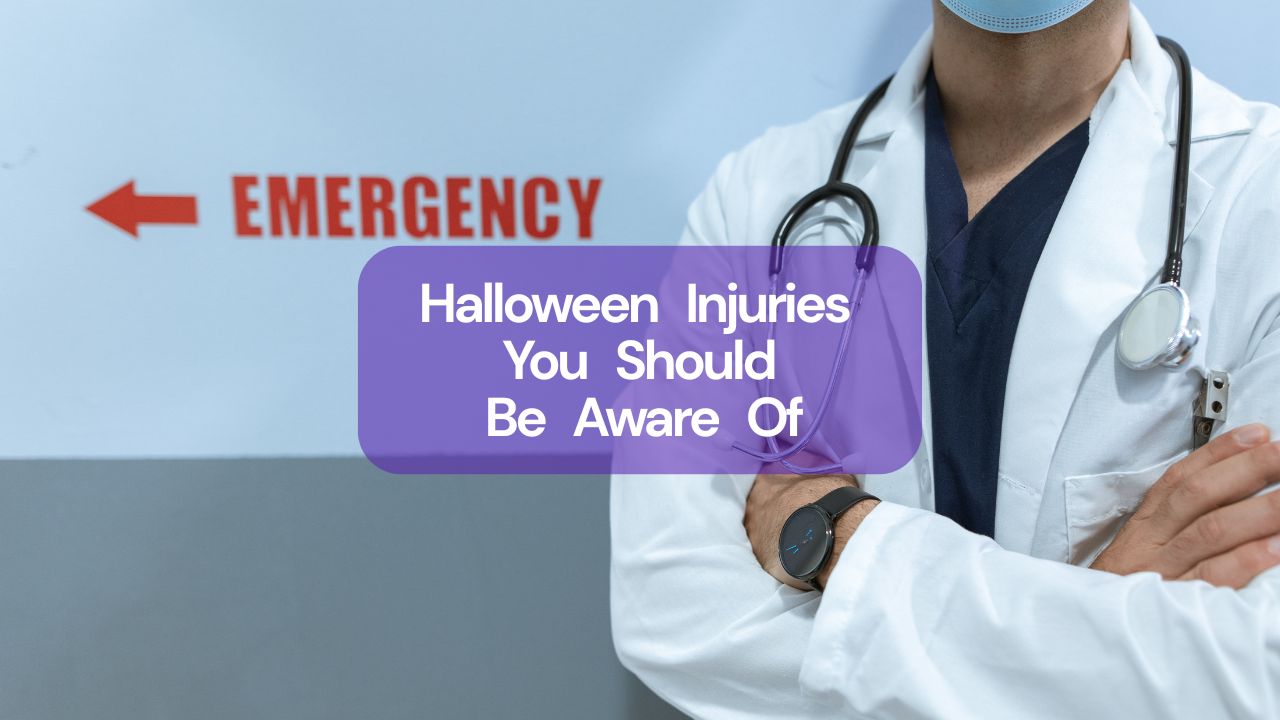Attention Deficit Hyperactivity Disorder (ADHD) is a neurobiological condition marked by a pattern of inattention, hyperactivity, and/or impulsivity. However, individuals with ADHD also tend to be energetic, creative, and capable of hyperfocus on a task they find thoroughly engaging.
A long-term condition, ADHD impairs learning and affects behavior throughout the school years and, in many cases, beyond adulthood. According to a national survey, 9.8% of children and youth in the 3-17 age range have been diagnosed with ADHD.
Attention-Deficit Disorder (ADD) is an outdated term for the disorder now called ADHD. In 1987 the word "hyperactivity" was included in the name.
ADHD can be treated, and with proper treatment and adequate support, people with ADHD can lead happy and successful lives.
Why Observe ADHD Awareness Month?
The more ADHD awareness, the more people with ADHD will have an early diagnosis, receive the treatment they need to develop a healthy self-image, improve their ability to focus their attention, learn, finish tasks, have success at school and work, improve and enjoy friendships and family life, as well as avoiding substance abuse, disruptive behaviors, family stress, depression, and early sexual activity.
How did it Get Started, and Why?
National ADHD Awareness Month began as a collaborative effort among organizations such as Children and Adults with Attention-Deficit/Hyperactivity Disorder (CHADD), ADHD Coaches Organization (ACO), and the ADDitude magazine. Starting as an awareness day established in 2004 by the US Senate, the day grew to a week and then a month dedicated to sharing much-needed information and understanding about ADHD.
This year ADHD Awareness Month highlights the shared experiences of children, adults, and families with ADHD. Look into the month-long video series "A Shared Experience," featuring experts in ADHD lifestyle, treatment, and research.
How Can You Recognize ADHD?
People with ADHD undergo a persistent pattern of symptoms:
- Inattention: A person misses details, often does not seem to listen, makes careless mistakes, has difficulty keeping focus and finishing tasks, and sustaining attention in lengthy reading, a lecture, or conversations. These problems do not stem from a lack of comprehension or compliance.
- Hyperactivity: The individual moves about, fidgets, or talks incessantly, even in situations when it is not appropriate,
- Impulsivity: A person may have problems with self-control or act without thinking, often interrupting others or making important decisions without considering long-term consequences.
Facts and Fiction Regarding ADHD
Fact: ADHD is a real brain disorder, not simply a disciplinary issue.
- It's a neurodevelopmental delay in a specific part of the brain.
- It's not unruliness, laziness, or willful misbehavior.
Fact: ADHD has nothing to do with your IQ.
- The level of intelligence varies among people with ADHD, as in the general population. However, ADHD affects working memory, making it harder to remember instructions or learn the alphabet. Treatment and/or medication improves this.
- ADHD does not make you a genius or mean you are less intelligent than others.
Fact: ADHD arises from a brain disorder and not from too much sugar.
- Research has shown that the risk of developing ADHD may be increased by significant head injuries, genetic make-up, premature birth, prenatal exposures such as alcohol or nicotine, or lesser activity in the regions of the brain that regulate activity level and attention.
- There is no scientific evidence that ADHD is caused by consuming too much sugar, watching too much television, poor parenting, or immunizations.
What is the Best Treatment?
Recommended treatment for ADHD includes both behavior therapy and FDA-approved medications. The American Academy of Pediatrics (AAP) recommends both for children over six and teens, but for children under six, behavior therapy is the first line of treatment.
According to the Mayo Clinic, standard treatments for ADHD in adults include medication, education, skills training, and psychological counseling. These treatments can help manage symptoms of ADHD, but that doesn't mean they cure it. Each patient may require time to find what works out best for them.
What is the Role of the Nurse?
Pediatric Nurse Practitioners (PNPs) are frequently in charge of ADHD assessment, diagnosis, monitoring, and management, playing a critical role in ensuring a thorough evaluation and that children and youth with ADHD receive treatment according to the evidence-based standards of care.
PNPs also educate the patients, their families, and teachers about the continuum of ADHD care.
Together with PNPs, other clinicians that work with ADHD include physicians (especially psychiatrists, pediatricians, and neurologists), psychologists, social workers, case managers, nurse practitioners, and other licensed counselors or therapists.
What Can You Do to Raise ADHD Awareness?
One well-liked activity is an ADHD awareness walk with your family and friends, your religious or school community, or wide open to the public. You can hold the walk at a park, school grounds, or mall. Remember, the point is to raise awareness, so be sure to have information available and wear attractive t-shirts with an ADHD message, a proud, catchy phrase like "My superpowers are… Abundant energy, Determination, Hyperfocus, Daydreaming", or "My brain has too many tabs open," or simple and sober "ADHD Awareness." CHADD provides a complete guide to organizing a walk that effectively raises awareness.
If you are a PNP, take advantage of your expertise, and use the Nursa app to look into shifts to treat and educate children and youth experiencing ADHD.














